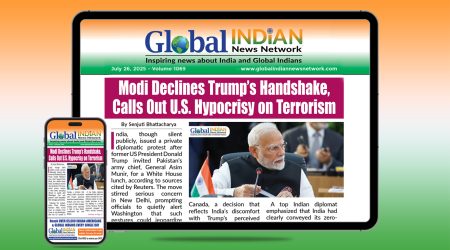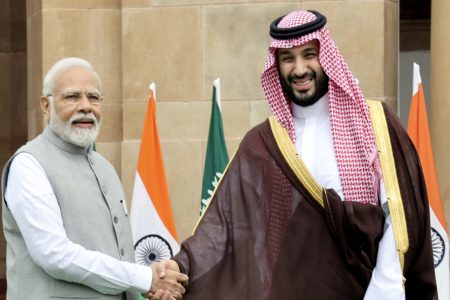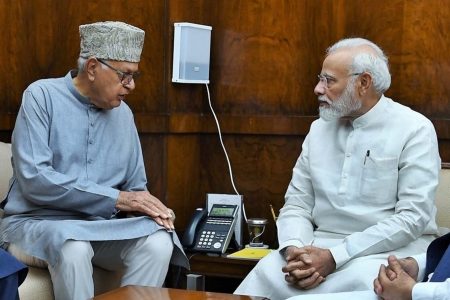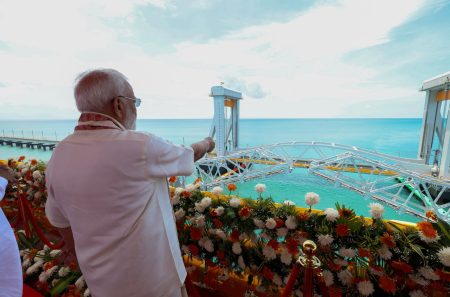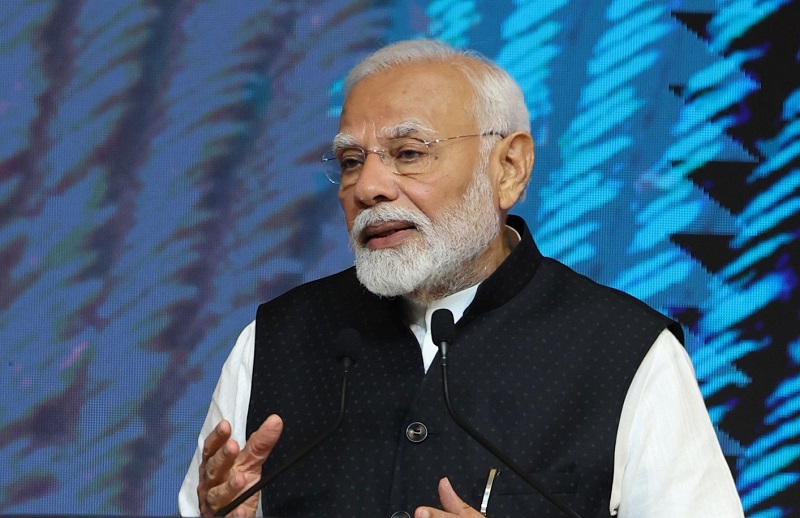
On October 7, 2001, Narendra Modi took his first oath as the Chief Minister of Gujarat, marking the beginning of a political journey that has now spanned 23 years. Today, as Prime Minister, he has continued to influence the landscape of Indian governance significantly. Over these years, initiatives like Jal Mandir, Swachh Bharat, and Vocal for Local have been pivotal in promoting development while fostering active citizen participation.
Modi has transformed the concept of development into a mass movement, encouraging collective action and grassroots involvement through his philosophy of Jan Bhagidari, or people’s participation. His unwavering belief in the potential of India’s populace underscores his conviction that true progress can only occur when citizens are fully engaged in the development process.
Among his notable contributions is the Jal Mandir Yojana, launched during his tenure as Gujarat’s Chief Minister. This initiative identified around 1,200 step wells for restoration, crucial for community water supply and groundwater recharge. As Prime Minister, he expanded this vision with the Mission Amrit Sarovar, aiming to construct and restore 75 ponds in every district, resulting in over 68,000 new water bodies driven by community efforts.
Modi’s commitment to sanitation began with the Nirmal Gujarat initiative, which sought to promote universal sanitation. This focus intensified with the launch of the Swachh Bharat Mission in October 2014, striving to create a clean, open defecation-free India by Mahatma Gandhi’s 150th birth anniversary. This mission successfully raised sanitation coverage from 37% in 2014 to 100% today.
In the realm of sports, Modi initiated the Khel Mahakumbh in Gujarat, aimed at promoting sports among diverse communities. This initiative evolved into the Khelo India program launched in 2016, establishing over 302 accredited academies and more than 1,000 Khelo India Centres to provide top-tier training for athletes.
His dedication to national unity is exemplified by the Loha Campaign, which mobilized over 3 lakh villages for the construction of the Statue of Unity, honoring Sardar Vallabhbhai Patel. This statue has become a national symbol, reflecting Patel’s legacy and India’s unity.
Other significant initiatives include the promotion of tree planting through Van Mahotsav, encouraging families to plant trees for every girl child born, fostering gender equality alongside environmental awareness. The Samvidhan Gaurav Yatra, launched to enhance constitutional awareness, culminated in the official recognition of November 26 as Constitution Day.
Modi has also championed Khadi, revitalizing it through innovative marketing campaigns and showcasing it on global platforms like the G20 Summit. The Khadi and Village Industries Commission reported unprecedented earnings, reflecting the growing interest in sustainable practices.
The ‘Har Ghar Tiranga’ campaign, which encourages households to display the national flag, has further ignited a sense of patriotism across the nation, with millions participating annually. Moreover, the ‘Vocal for Local’ initiative has spurred significant economic activity, culminating in record sales of indigenous products during festive seasons, reinforcing the value of supporting local industries.
In summary, Narendra Modi’s 23-year journey as a leader has been marked by transformative initiatives that prioritize citizen engagement and community development, creating a more inclusive and united India.

